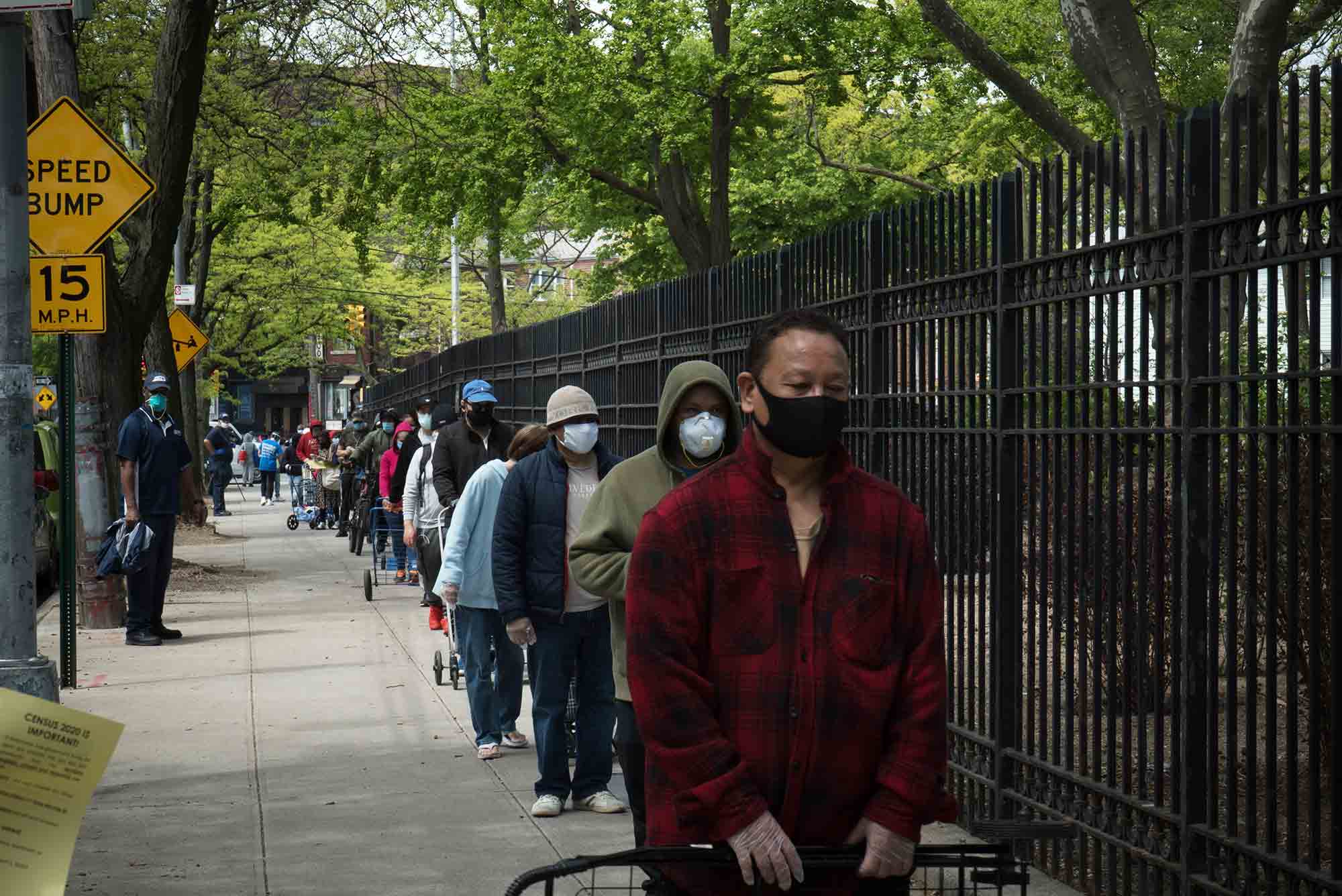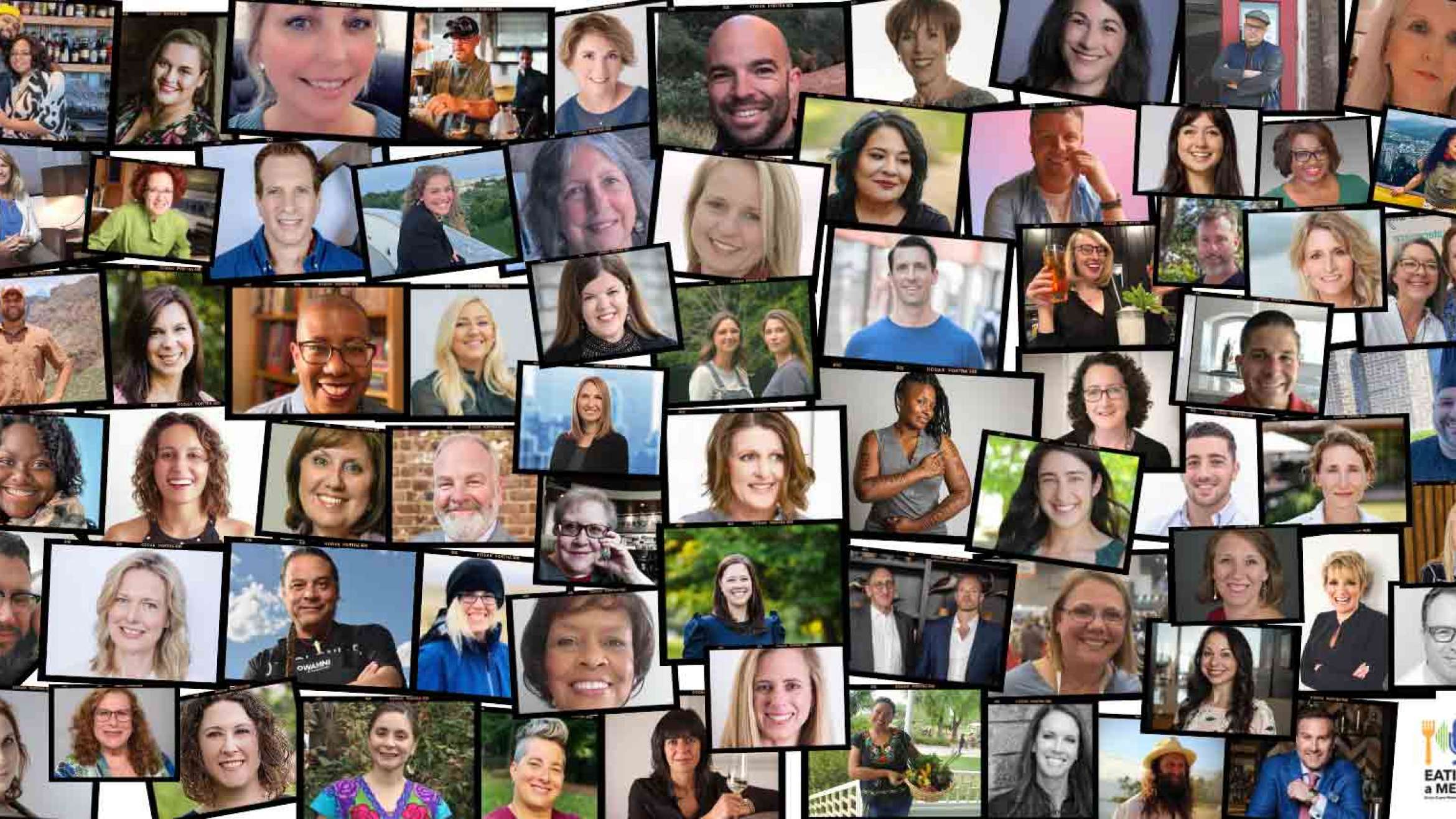COVID-19 has left Millions of People Food Insecure, Challenging their Independence
Two years ago I wrote “Celebrating Independence,” focused on how to provide greater food independence for those with dietary needs — allergies, celiac disease, heart disease, vegan, kosher, vegetarian — when eating at meetings and events.
Today, that need is still vitally important, and the core of everything I do with thrive! meetings & events and Eating at a Meeting. Yet, right now, COVID-19 has taken away the ability of millions of people throughout the world to even be able to put a meal on the table. The pandemic is threatening the lives and livelihoods of millions and dramatically increasing the number of people who are food insecure.
According to the United Nations’ Policy Brief: The Impact of COVID-19 on Food Security and Nutrition, prior to the onset of this COVID-19, “more than 820 million people were already identified as chronically food insecure.”
Food insecurity refers to a lack of available financial resources for a sufficient quantity of affordable, nutritious food at the household level.
Data from the Food Security Information Network’s latest survey, Global Report on Food Crises 2020, shows that “the food security of 135 million people was categorized as crisis level or worse.” The World Food Programme estimates that number could almost double (265 million) before the end of 2020 due to the impacts of the COVID-19 pandemic.
Looking at the U.S. specifically, new research out of Northwestern University based on Census Bureau data, reports that the “percentage of families who are considered food insecure has surged across all groups and is already much higher than during the depths of the Great Recession.” Feeding America estimates, that “nationally, more than 54 million people, including 18 million children, may experience food insecurity because of COVID-19.” In 2018, the number of food insecure in the U.S. was 37 million, including more than 11 million children.
As event professionals, we spend BILLIONS of dollars every year on food and beverage at our events and meetings. We are responsible for feeding MILLIONS of people each year who attend our events, as well as the corporate social responsibility programs many of us do as well.
“percentage of families who are considered food insecure has surged across all groups and is already much higher than during the depths of the Great Recession.”
During this VERY trying time, many of us have lost jobs, been furloughed, and/or may be food insecure ourselves. I certainly hope that we can continue to feed millions of people by supporting organizations locally, nationally and internationally whose missions are to feed those in need.
Here is a short list of organizations that can use our help financially, with volunteer hours, and/or our expertise. These organizations can also provide support and food, if necessary (click their names to go to their websites).
- Feeding America — The largest U.S. charitable hunger-relief organization with a network of 200+ regional member food banks and food rescue programs.
- World Central Kitchen — Delivers hot nutritious meals to those who need it most.
- Farm Link Project — Grassroots movement that connects farms with food banks to feed thousands in need while supporting essential jobs.
- Eat Greater Des Moines — connecting nonprofit organizations, businesses, and community leaders to work to strengthen the food system in Des Moines and make sure no food goes to waste.
- Food Rescue US — connecting the vast amount of healthy, usable surplus food with the critical hunger demand.
- Why Hunger – Connects individuals to affordable foods and promotes community-based solutions that result in self-reliance, economic justice and food security.
- Share our Strength — Advocates against hunger and poverty by working with the culinary industry to organize events, host dinners, and teach cooking and nutrition classes.
- Slow Food USA National Resilience Fund — Gives direct financial support to vital businesses and workers in community-based food systems, through local Slow Food chapters and working groups.
- U.N. World Food Programme — Provides food aid to meet emergency needs and support economic and social development.
- Meals on Wheels America — Represents and supports Meals on Wheels programs through training, professional development, publications, grants and more.
- Food Equality Initiative — Improve health and end hunger in individuals diagnosed with food allergies and celiac disease through access, education and advocacy.
I can and will provide more data and interviews with experts on food insecurity throughout the month, including conversations I’ve had with Aidan Reilly, co-Founder at The FarmLink Project and Chef Cliff Lyles, VP of Culinary Excellence and Product Development at Revolution Foods discussing what they have been doing to help, and how each of us can assist.
If you know of any other organizations or individuals doing their part (including yourselves), please let me know so we can highlight them.
Every Guest Matters. Every Meal Matters.
Be safe and eat well.



